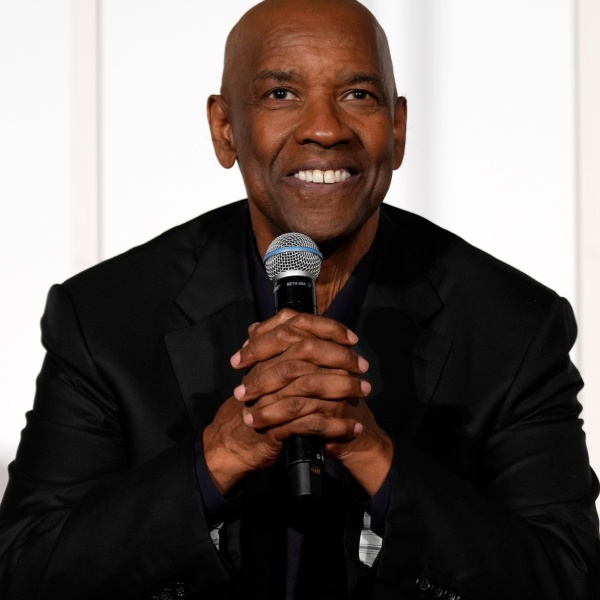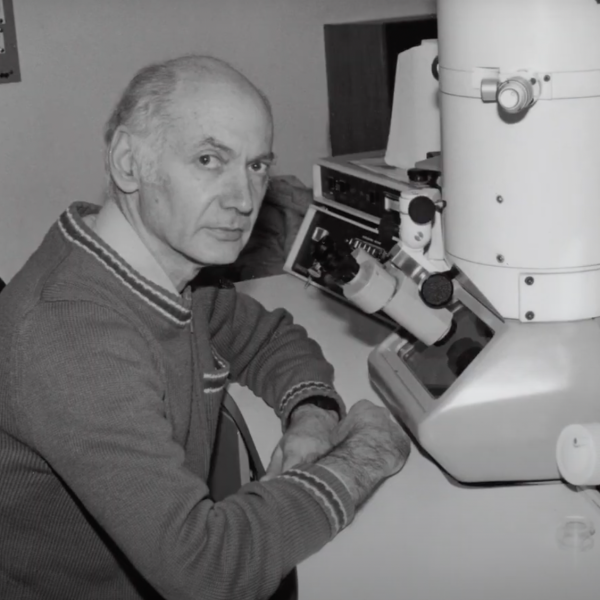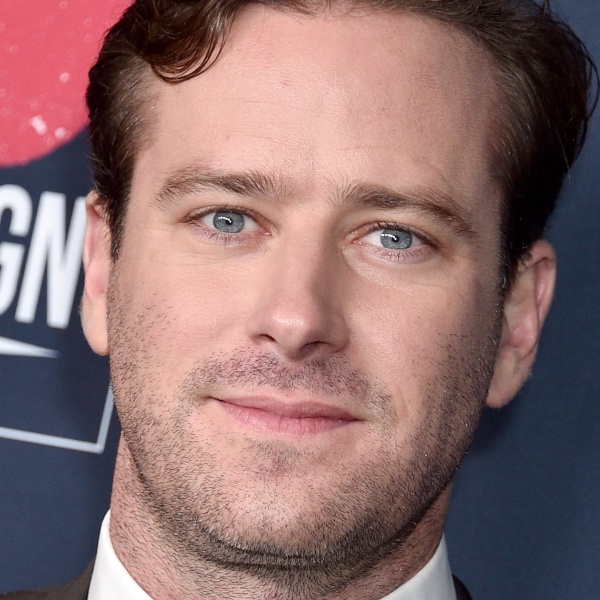
The following is a reprint of our review that ran at the 2011 SXSW Film Festival.
Touching, heartfelt, melancholy and suffused with a gentle humanity (pick your soulful cliché if you must), with his sophomore drama, “Beginners,” filmmaker Mike Mills demonstrates once more that he’s acutely attuned to the bittersweet and funny frequency broadcast from the pain of love and life. Mills’ empathy antenna has always been sensitively in harmony with the human condition, as evinced by the overlooked “Thumbsucker,” his more recent music videos and the short, “Does Your Soul Have A Cold?” (which almost feels like a companion piece here). And in “Beginners” he masterfully demonstrates a generous and thoughtful perspective on emotional suffering and love, creating a piece that’s as formally marvelous as it is sweeping and humanistic.
Wrapped in an observational nostalgia/sadness blanket of autobiographical fleeting memory, Ewan McGregor — finally displaying the convincing warmth and humor that’s been sorely missing in his performances since George Lucas cursed him years ago — stars as Oliver (basically Mike Mills), or a very transparent surrogate of the sensitive director/designer/artist; a late unmarried 30-something fresh from the death of his father (a wonderful Christopher Plummer) and still baring the scars of past broken relationships. Beautifully and elliptically told through the lens of reflective, emotion-triggered memory, the film organically dips in and out of the consciousness of past(s) and present.
There’s actually three stories expertly, and yet, effortlessly woven through the narrative, so much so that you feel like the script is an essence or a feeling rather than a wonderful deconstruction of traditional linear storytelling: 1) McGregor’s Oliver character tending to his slowly dying father who has just come out of the closet at 78, four years after his mother has passed away 2) Oliver meeting and tentatively falling in love with the elusive and equally damaged French actress Anna (Melanie Laurent) and 3) Oliver’s life as a young boy, painfully all-too-aware that his absentee father and mother (a key supporting role played strongly by Mary Page Keller) are no longer in love or in synch.

These three stories are essentially told at once and threads coalesce and dovetail beautifully, informing parts and gaps of one another as the narrative progresses. The picture begins with a quiet emotional gutpunch; Oliver discarding bottles and bottles of medicine and we know a loved one has passed. Then he tells the audience about his father coming out of the closet, the character’s world being rocked by this revelation and then slow-motion horror of watching his father’s health deteriorate and waste before his eyes. Simultaneously, Oliver, after what feels like unspoken months of grief-isolation hermitude is dragged to a costume party by worried friends and meets cute with Anna, the lovely and beguiling French woman he quickly falls for. But, discussing the story of “Beginners” is somewhat futile. It’s a picture about nothing — or at least not the traditional plot point of attack that takes our protagonist on a journey of some kind — and yet it’s about everything with a hearty joie de vivre. It’s a movie that you feel more than watch. But, if this sounds overwhelmingly jumbled or complex, don’t worry, because as fragmented as the movie may seem it’s got an emotional through line that never, ever breaks.

There’s also tons of whimsical, yet not precious, artistic devices; McGregor narration juxtaposed over a collage of historical context imagery and photos that build a scene-transition framework; a talking dog and plaintive score and while it feels capricious and arty on paper, all of it not only works, it elevates the material. In a less-skilled filmmaker’s hands this could have been little more than cloying junk, but here it serves as a rich embroidery and adds much-needed elements of surrealism and absurdity that keeps the movie from ever feeling leaden or, worst of all, depressing. Because as emotionally bruised and tender as the picture’s melancholy tone can sometimes be, the film is also playfully dynamic. It’s brimming with life — funny, deeply poignant and romantic. McGregor and Laurent’s chemistry is palpable and their quivering heart-flutters and joyful falling-in-love furtive glances are terrifically believable (you’ll gulp several times with recognition of the woozy, punch drunk moments in life we’ve all — hopefully — experienced). It’s the rare cinematic relationship that you genuinely invest in, to the point that their heartache becomes your own (at least for the couple of hours you watch the film).
And thus with all these layers, moods, artsy-and-smart little turns — the Jack Russell terrier in the picture, Arthur, might be the greatest emotive, adorable animal performance you’ve ever seen on screen (just try not saying “awww”) — “Beginners” feels surprisingly rich, textured, complex and deeply, deeply satisfying. The score by Roger Neill, Dave Palmer and Brian Reitzell is introspective, minimal and assisted by some delightfully aces old-timey blues piano work by folks like Jelly Roll Morton. Meanwhile, the naturalistic light of Kasper Tuxen‘s cinematography makes the East L.A. setting another character in the film and the engaging rhythm of the beats to the tender pulse of both heartache and happiness. 
Sweet, compassionately rendered with a soft-edged humor and humanity that helps mend a grieving heart, “Beginners” is certainly “The Kids Are All Right” of 2011 but with even more emotional depth (and we haven’t even talked about the “social” issues the film addresses in its casual and yet totally riveting way). It’s an astute, enchanting and attentive examination of loving, losing and living that has just the right amount of technical embellishment that keeps it from ever being cloying and mopey; it makes you sigh and swoon in equal measure. [A]






